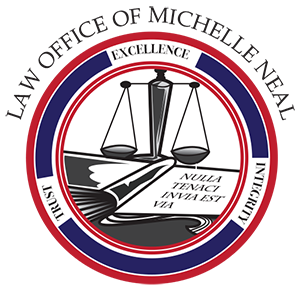DACA UPDATE UNDER PRESIDENT BIDEN
On January 20, 2020, President Joseph R. Biden Jr. issued an Executive Memorandum restoring DACA immigration policy pathway for undocumented children to become eligible for work and education benefits first implemented in 2012.[1] The memorandum states:
“This memorandum, known as the Deferred Action for Childhood Arrivals (DACA) guidance, deferred the removal of certain undocumented immigrants who were brought to the United States as children, have obeyed the law, and stayed in school or enlisted in the military. DACA and associated regulations permit eligible individuals who pass a background check to request temporary relief from removal and to apply for temporary work permits. DACA reflects a judgment that these immigrants should not be a priority for removal based on humanitarian concerns and other considerations, and that work authorization will enable them to support themselves and their families, and to contribute to our economy, while they remain.”[2]
This affirmation represents provides relief to individuals, and families, facing uncertainty based on policies of the prior administration – a move in the right direction for undocumented children of immigrants. This ruling follows landmark decisions by the Supreme Court of the United States (Trump v. NAACP[3]) which ruled that the President acted within his powers to publish DACA and that any challenges by individual states to inhibit individuals from enrolling in the program will fail.
What does new policy mean for first-time applicants and renewals?
The Department of Homeland Security is now:
- Accepting first-time requests for consideration of deferred action under Deferred Action for Childhood Arrivals (DACA) based on the terms of the DACA policy in effect prior to Sept. 5, 2017, and in accordance with the Court’s Dec. 4, 2020, order.
- Accepting DACA renewal requests based on the terms of the DACA policy in effect prior to Sept. 5, 2017, and in accordance with the Court’s Dec. 4, 2020, order.
- Accepting applications for advance parole documents based on the terms of the DACA policy prior to Sept. 5, 2017, and in accordance with the Court’s Dec. 4, 2020, order.
- Extending one-year grants of deferred action under DACA to two years; and
- Extending one-year Employment Authorization Documents under DACA to two years.[4]
Unfortunately, DACA recipients will still need additional legislative action to provide a pathway to permanent residency and/or citizenship. However, taking steps to become compliant with opportunities afforded by DACA positions you to lawfully work and reside in the United States without fear of prosecution. Our attorneys can help DACA enrollees discover what benefits they may be eligible for in their state of residence (driver’s license, in-state tuition, healthcare, and other benefits)
The attorneys at the Law Offices of Michelle Neal are elated that the 542,000 essential workers who are DACA-eligible immigrants of 1.2 million DACA eligible persons, many living in the Chicagoland area, have an open pathway to legal status.[5]
[1] https://obamawhitehouse.archives.gov/blog/2012/08/15/deferred-action-childhood-arrivals-who-can-be-considered
[2] https://www.whitehouse.gov/briefing-room/presidential-actions/2021/01/20/preserving-and-fortifying-deferred-action-for-childhood-arrivals-daca/
[3] https://www.supremecourt.gov/DocketPDF/18/18-588/71025/20181105134008371_Trump%20v%20NAACP%20-%20Pet%20-%20REVISED.pdf
[4] https://www.uscis.gov/humanitarian/renew-your-daca
[5] https://research.newamericaneconomy.org/report/spotlight-on-the-daca-eligible-population/
